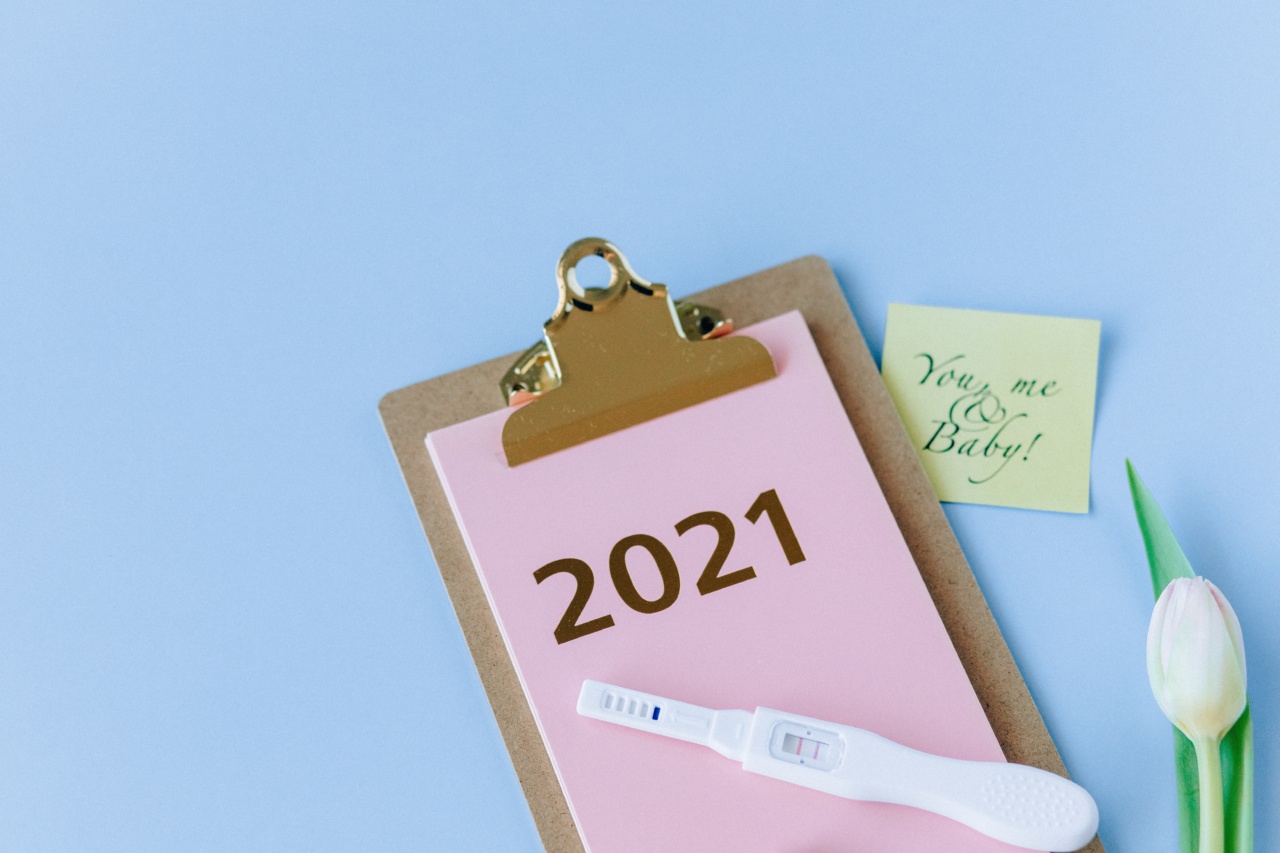When it comes to pregnancy, there are numerous myths and misconceptions surrounding the topic, especially when it comes to ejaculation and its relation to conception.
In this article, we aim to debunk some of these myths and shed light on the facts surrounding pregnancy and ejaculation. Let’s delve into the truth behind popular beliefs.
Myth 1: Pregnancy Can Occur Without Ejaculation
One common misconception is that pregnancy can occur even if ejaculation does not happen during sexual intercourse. However, this is not true.
Ejaculation plays a crucial role in pregnancy as it releases sperm into the woman’s vagina, allowing them to travel through the cervix and uterus to reach the fallopian tubes, where fertilization takes place.
Myth 2: Withdrawal Method Is Foolproof
The withdrawal method, also known as “pulling out,” is a widely used contraceptive method. However, many people mistakenly believe that it offers complete protection against pregnancy, which is not the case.
Although withdrawal reduces the chances of conception, it does not eliminate the risk entirely. Pre-ejaculate fluid may contain a small number of viable sperm, making it possible for pregnancy to occur even if ejaculation happens outside the vagina.
Myth 3: Infertility Protects Against Pregnancy
Another false notion is that infertility in either partner provides complete protection against pregnancy. While infertility may reduce the chances of conceiving, it does not guarantee complete infertility.
There have been cases where couples diagnosed with infertility have managed to conceive naturally. Therefore, it is essential to use contraception until fertility has been medically confirmed to avoid any unwanted surprises.
Myth 4: Pregnancy Can Occur at Any Time
Some people believe that pregnancy is possible at any time, regardless of the woman’s menstrual cycle. However, this is not accurate. Pregnancy can only occur during a woman’s fertile window – the days leading up to and including ovulation.
Sperm can survive in the female reproductive system for up to five days, so having intercourse a few days before ovulation can still result in pregnancy.
Myth 5: Pregnancy Cannot Occur During Menstruation
Contrary to popular belief, it is possible to get pregnant during menstruation. While the chances are relatively low, they are not nonexistent.
Sperm can survive in the female reproductive system for a few days, and if a woman has a short menstrual cycle, it is possible for ovulation to occur soon after her period ends. Therefore, it is important to use contraception consistently.
Myth 6: The Position During Sex Affects Pregnancy
Several myths suggest that certain sexual positions can increase the chances of conception or determine the gender of the baby. However, there is no scientific evidence to support these claims.
It is the sperm’s ability to reach the egg that determines whether pregnancy occurs, regardless of the sexual position used.
Myth 7: Frequent Ejaculation Decreases Fertility
Some believe that frequent ejaculation can decrease fertility by depleting a man’s sperm count. However, this is not accurate. The human body constantly produces sperm, and ejaculation does not significantly impact sperm production.
In fact, frequent ejaculation may even improve sperm health by reducing the chances of DNA damage.
Myth 8: Postcoital Douching Prevents Pregnancy
Postcoital douching, the practice of rinsing out the vagina after sexual intercourse, is believed by some to prevent pregnancy. However, it is an ineffective method of contraception and can even increase the risk of infections.
Douching does not flush out all the sperm, and it can disrupt the natural pH balance of the vagina, making it more susceptible to infections.
Myth 9: Only Women Can Be Infertile
Infertility is often thought of as a female issue, but it can affect both men and women. Approximately one-third of infertility cases can be attributed to male factors, one-third to female factors, and the remaining cases to a combination of both.
It is crucial for both partners to seek medical attention if they are struggling to conceive to determine the underlying cause and explore appropriate treatment options.
Myth 10: Increased Sexual Activity Boosts Fertility
While it is essential to have regular intercourse during the fertile window, there is no evidence to support the notion that increased sexual activity increases fertility.
Sperm needs time to replenish and accumulate before reaching optimal numbers for conception. Aiming for intercourse every 2-3 days throughout the menstrual cycle is usually sufficient to maximize the chances of conception.






























